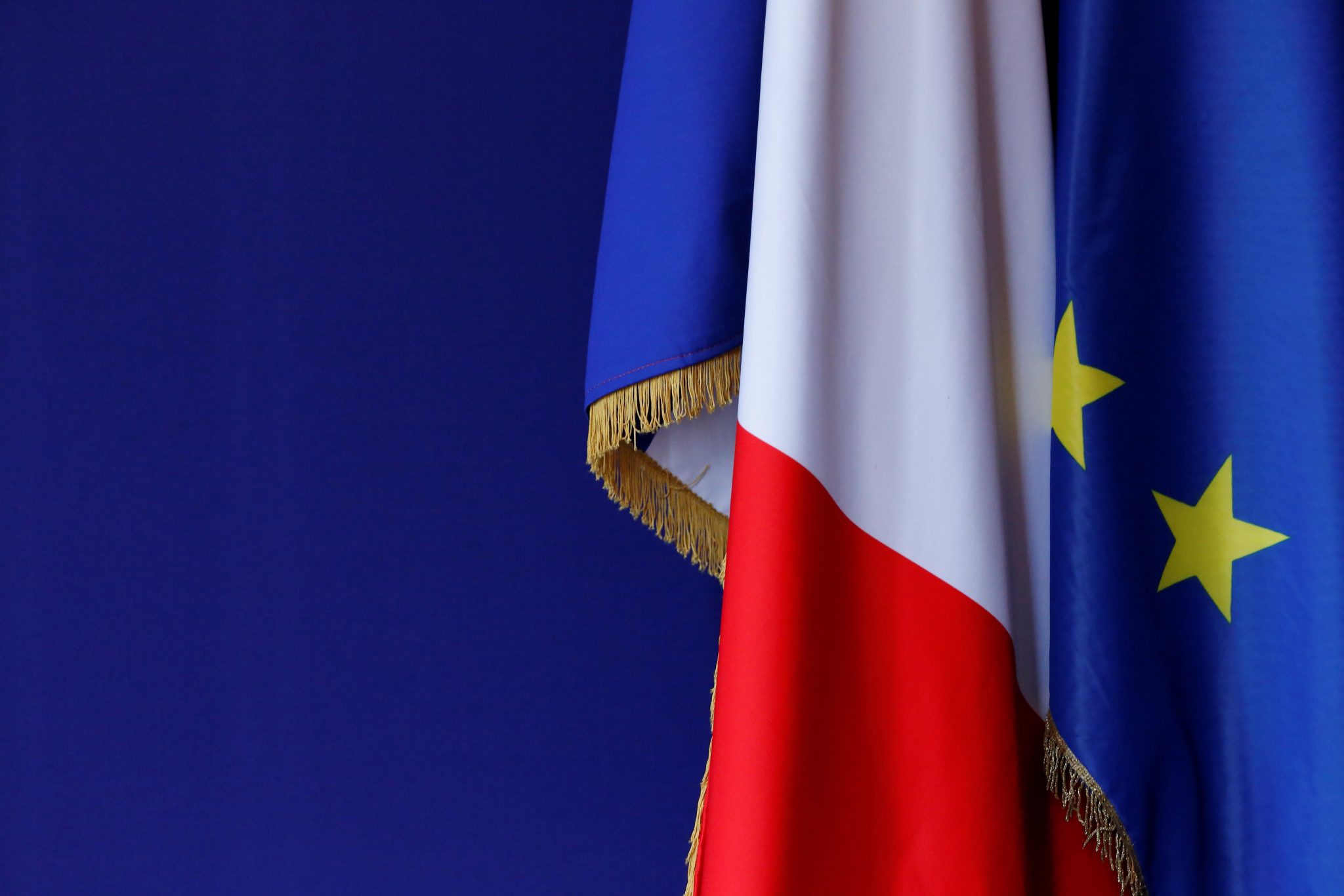
This year’s French presidential election has shaped up to be the most remarkable in France’s modern history – not only might both traditional parties fail to qualify for the second round, but for the first time an independent candidate with no formal party machine could become French President.
Unnervingly, it is also fast becoming one of the most unpredictable. A look at the polls two days ahead of the first round suggests the race is too close to call between the top four candidates: Front National leader Marine Le Pen, independent centrist Emmanuel Macron, centre-right former Prime Minister François Fillon, and far-left firebrand Jean-Luc Mélenchon.
Importantly, while France’s two-round election system has traditionally barred the way to radical candidates taking the presidency, this would fail to stand up if insurgents from both the Left and the Right manage to qualify for the second round. Indeed, with the potential to see a Mélenchon – Le Pen runoff within the realm of possibility, the traditional barrier to electing a radical president would fail, and France would be in an unprecedented situation.
Two days to go and uncertainty abounds
Latest polls show a difference of around only 1-3% percentage points between any of the top four candidates. Taking into account the margin of error of these studies, they really are no indication of what to expect two days from now. Furthermore, with candidates including Fillon and Le Pen suspending their campaign early after the latest terror attack in Paris, the media cycle is frozen on the topic of terrorism and national security. There is no telling what last-minute impact this may have on voter intentions.
This is particularly important given how deeply indecision is running in France at the moment. A recent survey by Harris Interactive shows 30% of the electorate are still unsure who to vote for in the first round. Given Sunday’s winner is currently expected to take less than 25% of the vote, mere days ahead of the first ballot it would appear “no one” is in the lead. Add to this the high expectation of a lower voter turnout and the picture is even trickier to decipher.
The uncertainty won’t even end after the second round of presidential elections in May – hot on its heels will be the June legislative elections, the importance of which has been particularly underestimated in British media. Unless the President’s party manages to secure a majority in the parliament, France will enter a period of ‘cohabitation’ where the President must appoint a Prime Minister from an alternative party. As a result, the President’s capacity effectively to govern would be severely restricted, with the Prime Minister holding most executive powers. At present, only a win by Republican François Fillon offers a realistic possibility of avoiding this situation.
Expect new France-EU relationship
Confusion is reigning in the midst of this overwhelming uncertainty. But anyone watching this election should expect one thing: whoever takes over the French Presidency, France’s role in the EU will change.
The most radical reforms are pitched by both Le Pen and Mélenchon, both of whom anticipate offering the public a referendum on France’s membership of the Eurozone and the EU. If elected, both have stated that they will first engage in renegotiations with the EU-27. Le Pen has said her aim would be to secure commitments from the EU for France to exit the single currency, dissolve the Schengen border agreement, and scrap EU budget rules and the supremacy of EU law. Such an outcome would surely be synonymous with ‘Frexit’.
Mélenchon is vaguer in his objectives, suggesting his plan is fundamentally to renegotiate the EU treaties, and if this is not possible, to lead France out of the EU. Incidentally, Mélenchon’s stance reveals why these renegotiations are a strawman: both candidates are long-standing staunch Eurosceptics, whose intention prior to talks with the EU-27 is to put ‘Frexit’ in motion. Talk of renegotiations is likely an attempt to soften their radical proposals to the electorate.
On the other side of the coin, Fillon and Macron propose different models of EU reform. Fillon is more moderate in his vision, projecting the classic Gaullist message of a “Europe of Nations.” For instance, while he wants to see the introduction of a Eurozone governance structure, he argues this should be led largely by the leaders of the Eurozone nations, reducing the Commission’s powers over monetary governance.
Macron is this election’s proud pro-European candidate. Like Fillon, he is clear that the Eurozone needs reform. However, he proposes a grander supranational solution with the introduction of a new Eurozone government, parliament and budget. What he has consistently failed to underline, however, is that this will require EU treaty change – therefore convincing Germany and other EU states. This might be a tactical attempt not to rile an increasingly Eurosceptic French electorate.
Overall, it may be very difficult to predict how France’s presidential line-up will look in a few days’ time, particularly given the wholly realistic possibility of two radical candidates qualifying for the final round. But whoever takes the presidency, we can expect France’s relationship with the European Union to be set on a new course.



